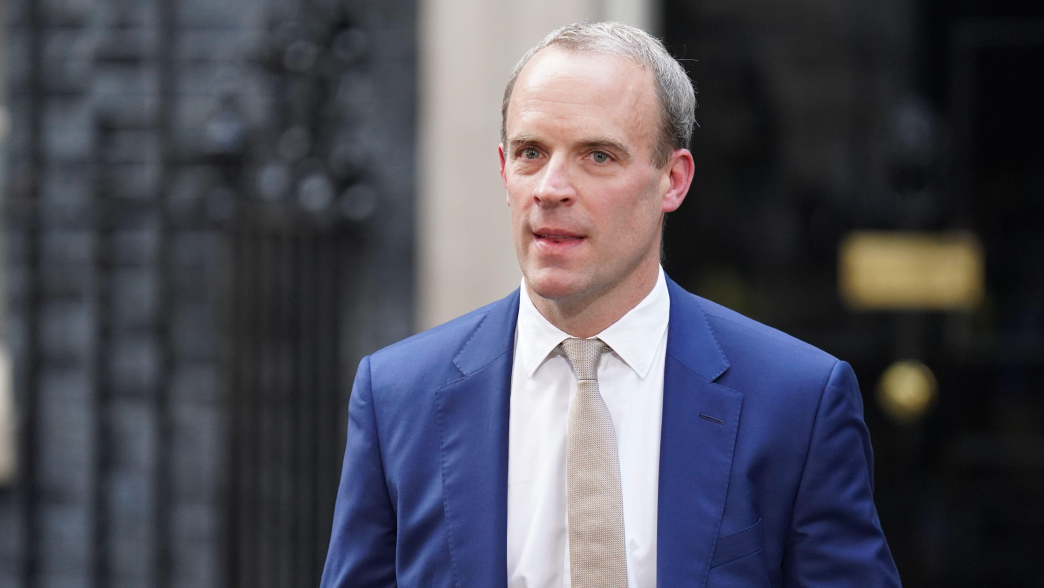Raab’s resignation should lead to reform of the complaints process against ministers
The review of complaints against the former justice secretary exposes deep flaws in how the government deals with poor ministerial behaviour.

Adam Tolley KC has completed a thorough review of complaints against the former justice secretary. But the whole process exposes deep flaws in how the government deals with poor ministerial behaviour, says Alex Thomas